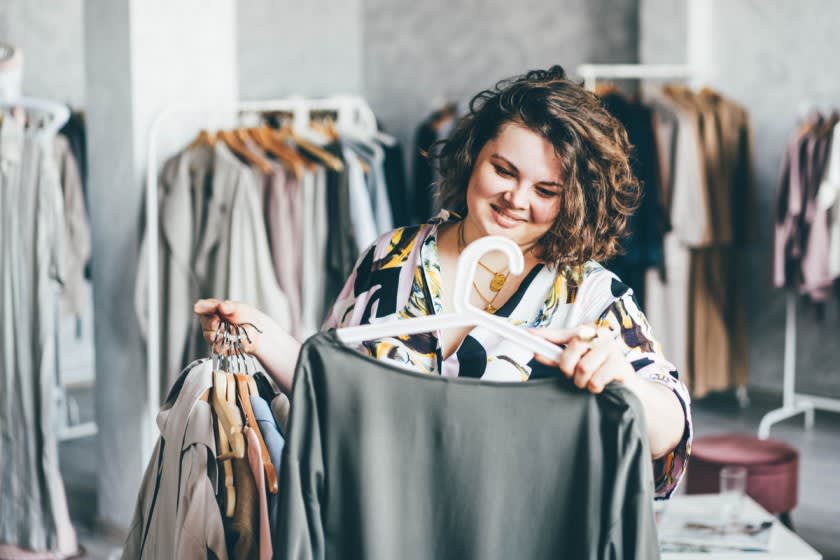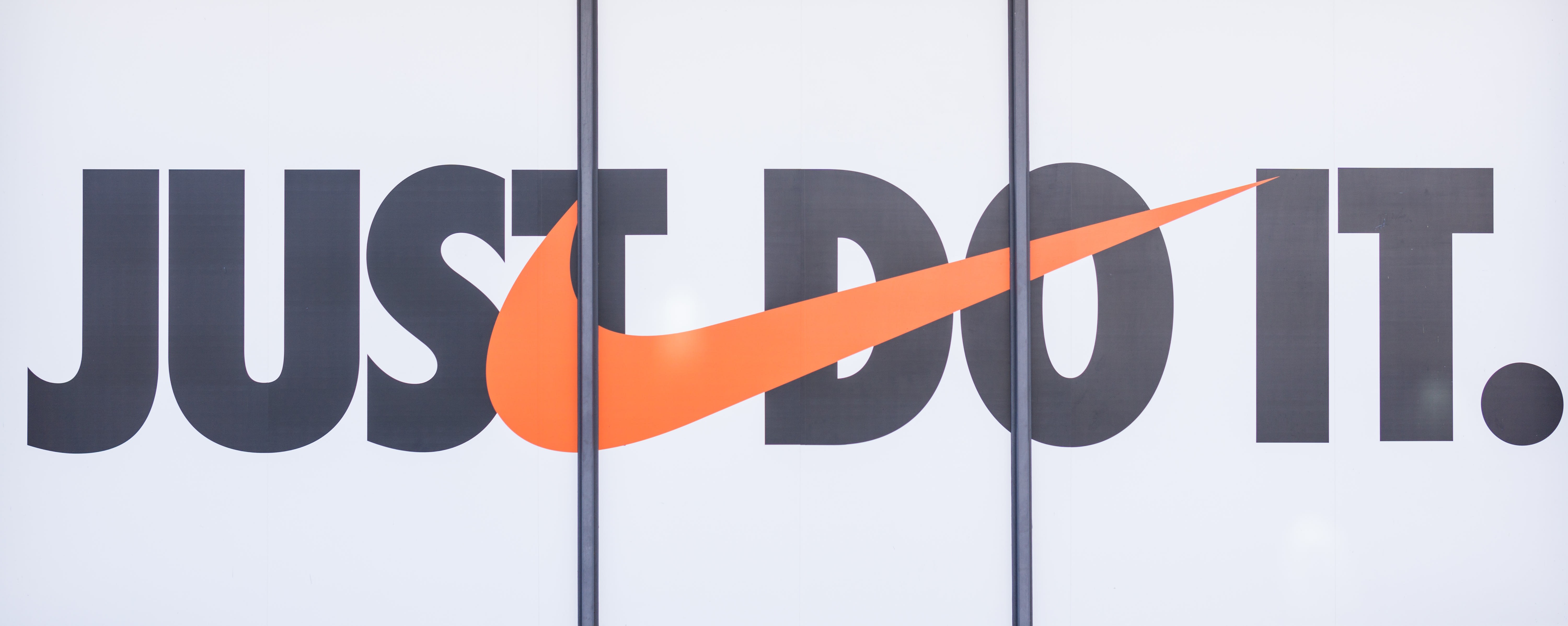4 Tips on How to Launch a Plus Size Sustainable Business



Modern fashion consumers are increasingly eco conscious. Young consumers in particular want to live sustainable lifestyles. The fashion world has responded accordingly. In recent years, fashion brands have catered to consumers who want to make eco-conscious purchases. Sadly, brands have left out some demographics in their product strategy.
According to Coresight Research, the US plus-size market is set to grow by 4% over the year. That’s 66% of American women (i.e., women who wear clothing that is size 14 or above) wanting more plus-size clothing. Similar growth rates are expected in other countries.
Despite these statistics, plus sized consumers are left out by fashion brands. A plus sized shopper struggles to find clothing in their size. Sustainable clothing that is plus-size is even harder to come across. This is clearly a “consumer gap” in the market that brands should capitalize upon.
Brands, big and small, benefit from catering to the plus sized demographic. Small brands-especially those that emphasize sustainable values-stand to profit even more. Are you looking to start a company that sells size-inclusive and sustainable clothing? Read four tips on what you should do and not do.
1. Gain trust of plus-sized customers ➕➕➕
The contemporary fashion world has historically not catered to the plus size demographic.
Indeed, plus sized customers have “become accustomed to being let down.” Gaining the trust of this demographic is an uphill task. This is doubly so for a company that is starting out.
Customer trust is based on brand consistency. Your company should be consistent when it comes to its core values. This means your startup should be committed to sustainability and size-inclusivity. Your startup should not, for example, body shame or engage in greenwashing.
Reach out to your customer base through social media platforms. Look specifically for plus sized pages and groups where you can promote your brand. Again, your messaging here must be consistent. Show empathy towards the environment and your customers. (Pro tip: your company is likely to face controversy on social media. Be prepared for that rainy day! Your marketing team should handle such situations without bleeding brand trust.)
2. Enhance your brand credibility
Enhancing brand credibility goes hand in hand with brand trust. Your company should reach out to plus-size websites in order to get featured. Some good examples are Stylish Curves and The Curvy Fashionista.
Hiring plus sized models and employees also boosts your brand’s credibility. This task is easier if entrepreneurs are friends with plus sized people (or are plus sized themselves).

3. Ensure perfect fit 👉👌
What’s the point of sustainable clothing if it doesn’t fit?! Entrepreneurs should strive to understand the plus-sized body and its varied requirements.
Relying on conventional fashion tropes may not work when it comes to size inclusive clothing. For example, a brand’s grading charts should be updated. Designer Wray Serna points out that her company had to grade her garments upto 6X sizes. This allowed her company to offer plus size options to customers.
Another good (and obvious) way to ensure a proper fit is to listen to your customers. Be proactive in addressing customer needs when it comes to fitting. A word of warning here: you will never make everyone happy! Be mindful of vocal customers, especially on social media. Your startup can easily get sucked into appeasing a vocal minority of your customer base. This hampers your company vision and long-term growth plans.
4. Join hands with sustainable brands 🤝🤝🤝
You don’t have to go it alone. In fact, you probably shouldn’t solo a sustainable fashion startup! Fashion writer Kay Dupree points out that “eco-friendly fashion” is a niche. When you add plus-sized clothing into that, a “double niche” is created. Catering to this double niche demographic is a challenge unless you collaborate with like-minded brands.

5. Normalize every body type 💃🤰🙆♀️👩🦲🦽
This ties into brand trust and credibility that we discussed above. Your startup can stop at doing the bare minimum for your plus size customers. Or you could broaden your company vision and do better. Writer and influencer Marielle Elizabeth TerHart says it best: “There is no ability to buy into selling plus-size clothing without committing to also supporting plus-sized people. A lot of brands miss that step. It’s a really big mistake.”



















